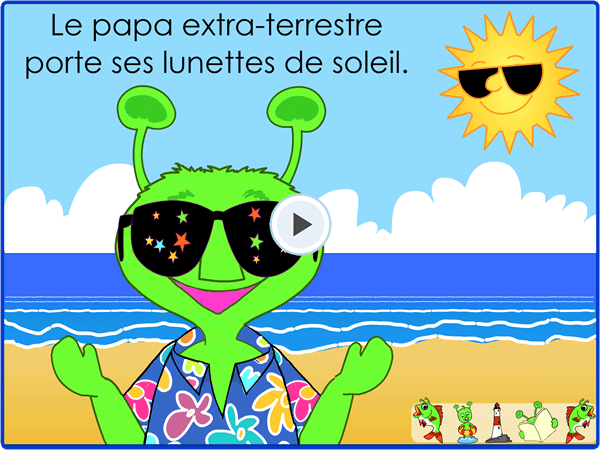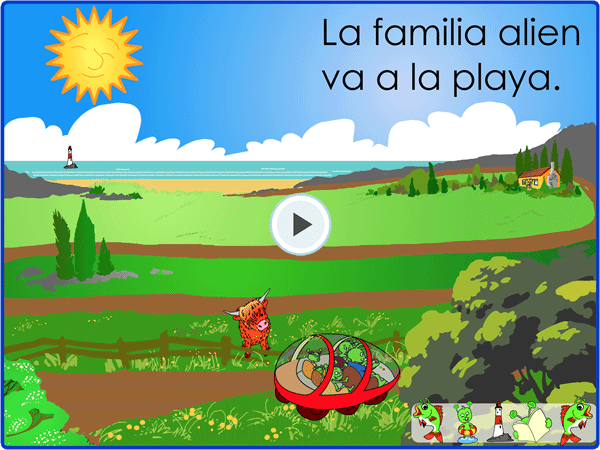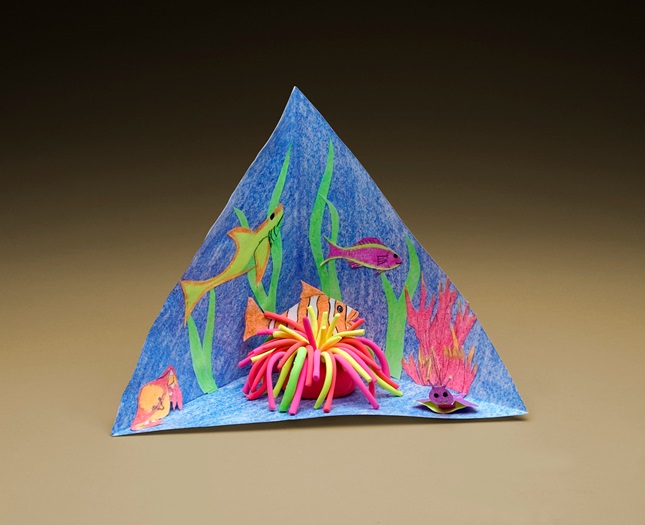Summertime is one of those wonderful themes that allows us to explore so much language with children :going to the beach , the countryside, picnics, playing outside at the park,a day at the zoo etcetra!
I have used this opportunity to focus on:
Reading and looking for language we already know and investigating nouns and verbs as infinitives that we may not know
The use of the near future in a target language . In fact here is a question.... can our young learners define for us first of all how we pass on a message in English that is on the near future? In fact what is the "near future" and why is it so useful ? (I am going to .......)
It's a chance maybe as well to explore
- bilingual dictionairies
- paradigm of a common verb (to go)
And we can produce an outcome that shows how we have been practising reading comprehension skills.
The sequence of activities is based around three types of cards:
- noun cards
- near future verb sentence cards
- short text cards using the verbal phrase "there is/are and nouns"
an empty cut out card suitcase template that opens up as a book.
Step One
- Decide upon your contexts.(I chose : the zoo, the playground, the picnic, the beach and the countryside)
- Create your noun cards
- Write the each noun that describes the context on a card.These are your "noun cards"
- Write full sentences using the first person plural of the verb "to go" in the target language - so that you have written "Let's go + an activity that describes the noun and the context.I have tried to differentiate the challeng by writing some of these sentences with less familiar language than others.Write these sentences on individual cards - these are your "near future sentence cards"
- Write out a short text using "there is/are" in the target language and selection of familoar and unfamiliar nouns of objects you may find , take or use in the specific context.These are your "short text cards".
- You will need a set of cards per two children on the class
- Ask the children to be explorers of "summertime special language".
- Can the children working in pairs to look through the cards
- Can they spot cards that just have "nouns" on them.
- Ask the children to see iof they recognise these nouns or do they need to investigate them further using a bilingual dictionary?
- Have a time limit to this activity and take feedback afterwards.What do the nouns mane in English? Does everyone agree?
- Ask the children to see if they can sport the other cards in to two piles- don't give them any other information.Again set a time limit suitable to the class
- Take feedback how have they sorted the cards? discuss why- e.g each card in one pile starts with the same two words (in this case nous allons...) or each of the cards starts with "il y a".
- Discuss with the children the meaning of for example in French "nous allons" on the near future verb sentence cards
- Discuss with the children the dual meaning in English of for example in French "il y a "( there is/are").
- Ask the children to investigate the cards further and see if they can find out what the whole message on each card is telling them? Again set a time limit and allow them to use a bilingual dictionary and then take feedback.
- Play games of charades or Simon Says based on the verbs and nouns they have explored and fed back to you.
Step Three
- Can the children in pairs put the cards in to family groups ? They need a noun,a near future verb sentence and a short text card.The three cards shpuld make a complete descriptive text : noun (context) , near future verb card(what we are going to do etc) , short text card (what we take,eat,use etc)
- Ask the children to share their decisions with a second group.
Step Four
- Ask the children to make their summertime special suitcases.
- Each child should make at least two suitcases
- Now you have choices:
- Children can select and stick the cards on to their suitcase templates
- Children can write out the phrases using writing prompts that have parts of the sentence removed
- Children can try to write their own sentences from memory based on the cards they have been investigating
The front of the suitcase conveys the context
The inside of the suitcase tells us what we are going to do and some more details about the activity
And finally - don't forget the all important pictures on the reverse of the suitcase...to share with us the possible activities we can take part in based on the text the children have investigated!






























































